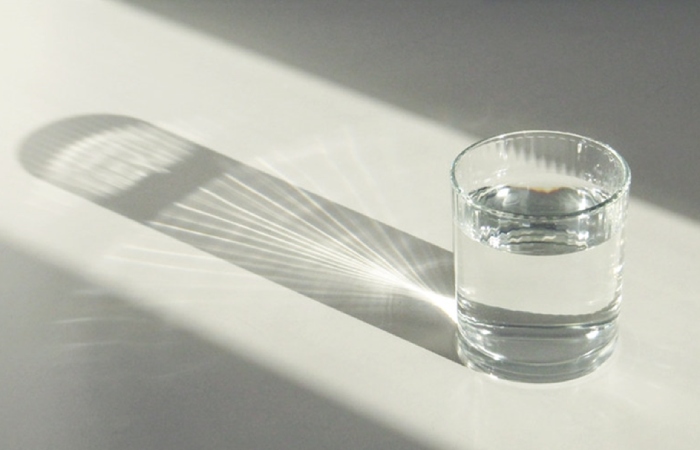As we all know, access to clean water is crucial, and for many households, water filters have become an essential appliance to ensure safe and great-tasting water. With so much choice when it comes to types, brands, and technologies, choosing the right water filter can be challenging. However, by considering your specific needs and understanding the different filtration methods, you can make an informed decision.
There are all sorts of options to choose from these days, from an inline water filter to water filter bottles, so you can find the one that best fits in with your needs. In this article, we will look at some tips on choosing the right water filter.
Table of Contents
What to Consider

There are a few key points to consider when choosing a water filter. Some of the main ones are:
Determine Your Water Needs
Before looking at the range of filters, you should identify your primary needs. Are you aiming to remove specific contaminants, improve the taste, or address hard water issues? Here’s how you can pinpoint your needs. Look at factors such as water quality using a kit, taste and odour, and water hardness to get a better idea of your requirements.
Different Filtration Methods
Various filters use different methods to purify water. Familiarise yourself with these methods to determine which might best suit your needs. Some common filtration methods include:
- Activated Carbon, which removes organic compounds, chlorine, and improves taste and odour
- Reverse Osmosis, which uses a membrane to remove many contaminants, including lead and some fluoride
- Distillation, where water is boiled, and the steam is then condensed back into liquid form, separating it from contaminants
- UV (Ultraviolet), which uses ultraviolet light to kill bacteria and viruses.
- Ion Exchange, which is effective for softening water by removing limescale.
Types of Filters
Filters come in various types based on their placement or usage. You should look at the various options available to help you make the right choice. Some of the common options are:
- Pitcher filters, which are portable and require no installation
- Faucet attachments, which are attached directly to faucets and offer immediate purified water
- Under-sink filters, which are installed beneath the sink and can handle larger volumes
- Whole-house systems, which treat all the water in your home
Maintenance and Costs
Some filters might appear affordable upfront but can be costly in terms of replacement filters or maintenance. Research the quality and robustness of the filter, the cost and frequency of replacements, and any additional maintenance or energy costs. This will enable you to make a more informed decision.
Find the Ideal Water Filter for You
By taking these factors into consideration, you will find it easier to find the ideal water filter for your needs. Your choice should be based on a combination of understanding your water needs, the different filtration methods available, and any associated costs.
By conducting thorough research and consulting with experts, you can ensure a supply of clean and safe water for your household.

